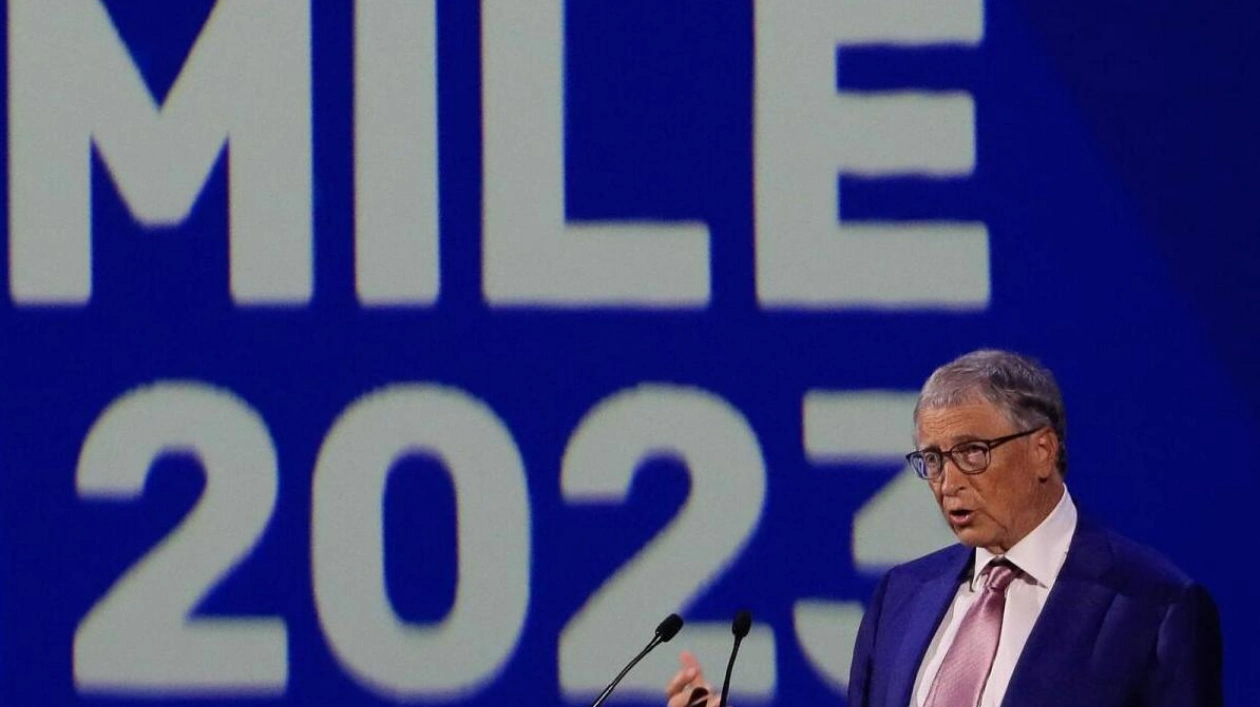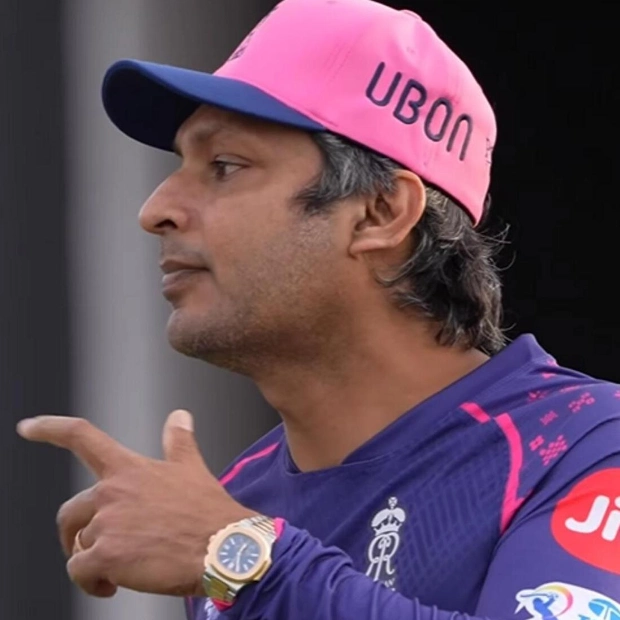Microsoft co-founder Bill Gates and the Head of International Affairs at the Presidential Court, Mariam Almheiri, discussed initiatives launched under a $200-million joint venture between the UAE and the Bill & Melinda Gates Foundation on Wednesday at Emirates Palace in Abu Dhabi. The collaboration, announced during COP28 last year, focuses on four key agricultural solutions worldwide. These include combating the red palm weevil, which incurs $2 billion in annual losses across 49 countries, assisting small-scale farmers in dealing with adverse weather conditions, and providing them with accurate farming techniques and weather forecasts.
The proposed projects also feature AgriLLM, which employs large language models to simplify complex agricultural research into practical and accessible formats for small-scale farmers in developing countries. "Even without climate change, there are significant investments that can be made in agriculture," said Bill Gates, co-founder of Microsoft and a long-time philanthropist, after reviewing the projects. "When you consider low income or malnutrition... and add climate change on top of that," he emphasized the importance of the UAE's continuous efforts in this area, praising their role in hosting COP last year.
"Our goals should be very clear... I appreciated the farmers' advice scheme and helping countries get their agricultural investments right. Climate change is a global farming issue, so thanks to everyone's engagement, our foundation is committed to this partnership," he concluded. Almheiri highlighted that the UAE is a leader in climate action, with these tools demonstrating practical solutions to enhance farmers' livelihoods.
UAE farmers will be the first to benefit from a consortium of innovations aimed at combating the Red Palm Weevil, affecting 35 million trees and 50 million farmers globally, causing $2 billion in crop losses annually. Starting in January next year, around 20 solutions, including weevil sterilization, dog sniffing, and pheromone traps, will be processed through stock taking, consolidation, and practical discussions.
Aly Abousabaa, Director General of ICARDA, noted that "There are many available solutions, and through the global consortium, we will examine how to make them more effective and implementable by farmers worldwide." He added, "If I take ICARDA as an example, we have an office in the UAE and 16 regional offices from Morocco to China, so we have knowledge across different countries to collectively evaluate the pros and cons of a potential solution." "One solution alone will not suffice," he said. "Solutions need to be combined and shared by all farmers." Despite the escalating damage from the Red Palm Weevil over the past two decades, few durable solutions have been implemented on a large scale. "You need multiple sponsors and someone authoritative to drive it forward; the UAE has now taken the first step," said Abousabaa.
Source link: https://www.khaleejtimes.com






